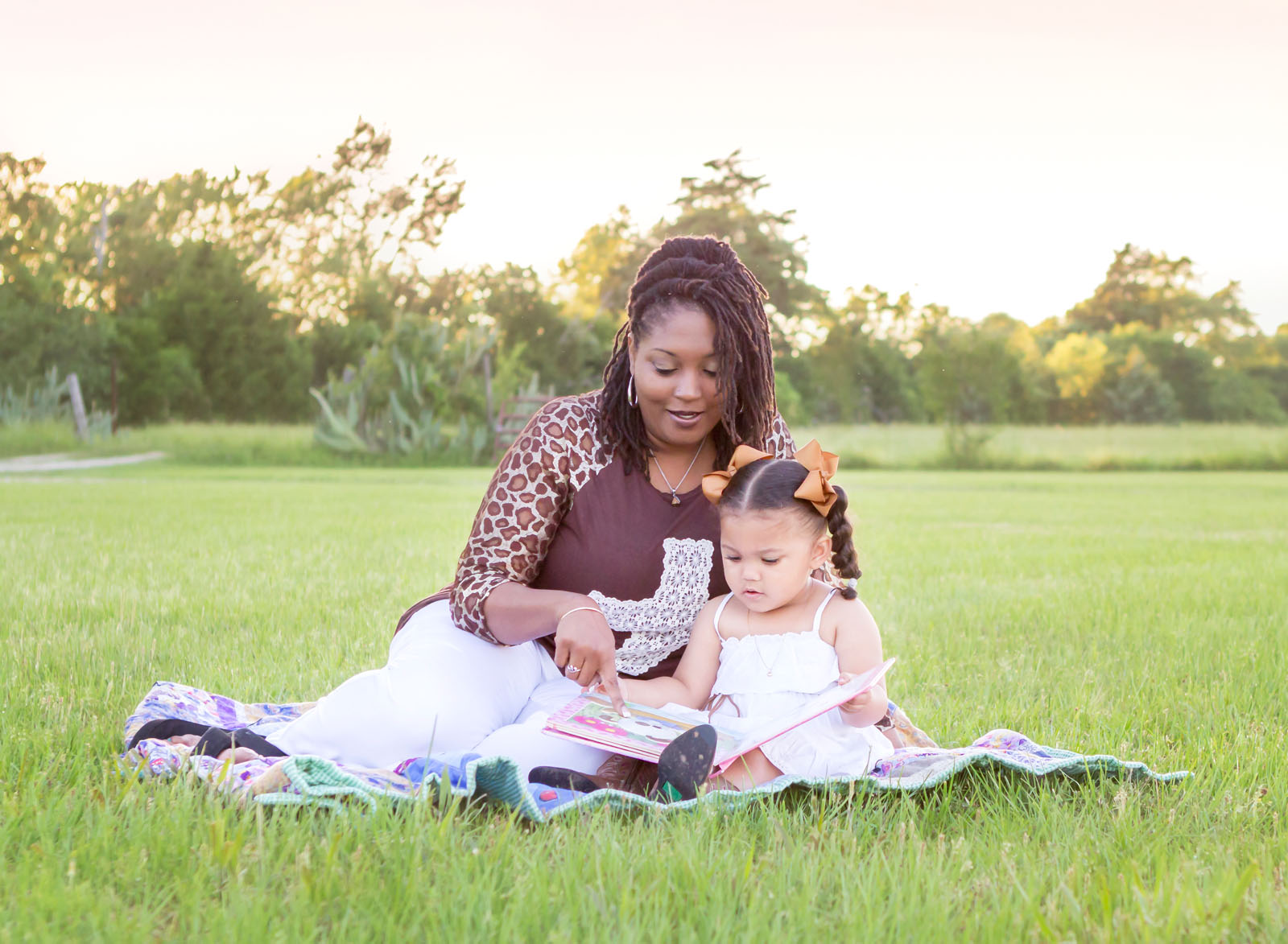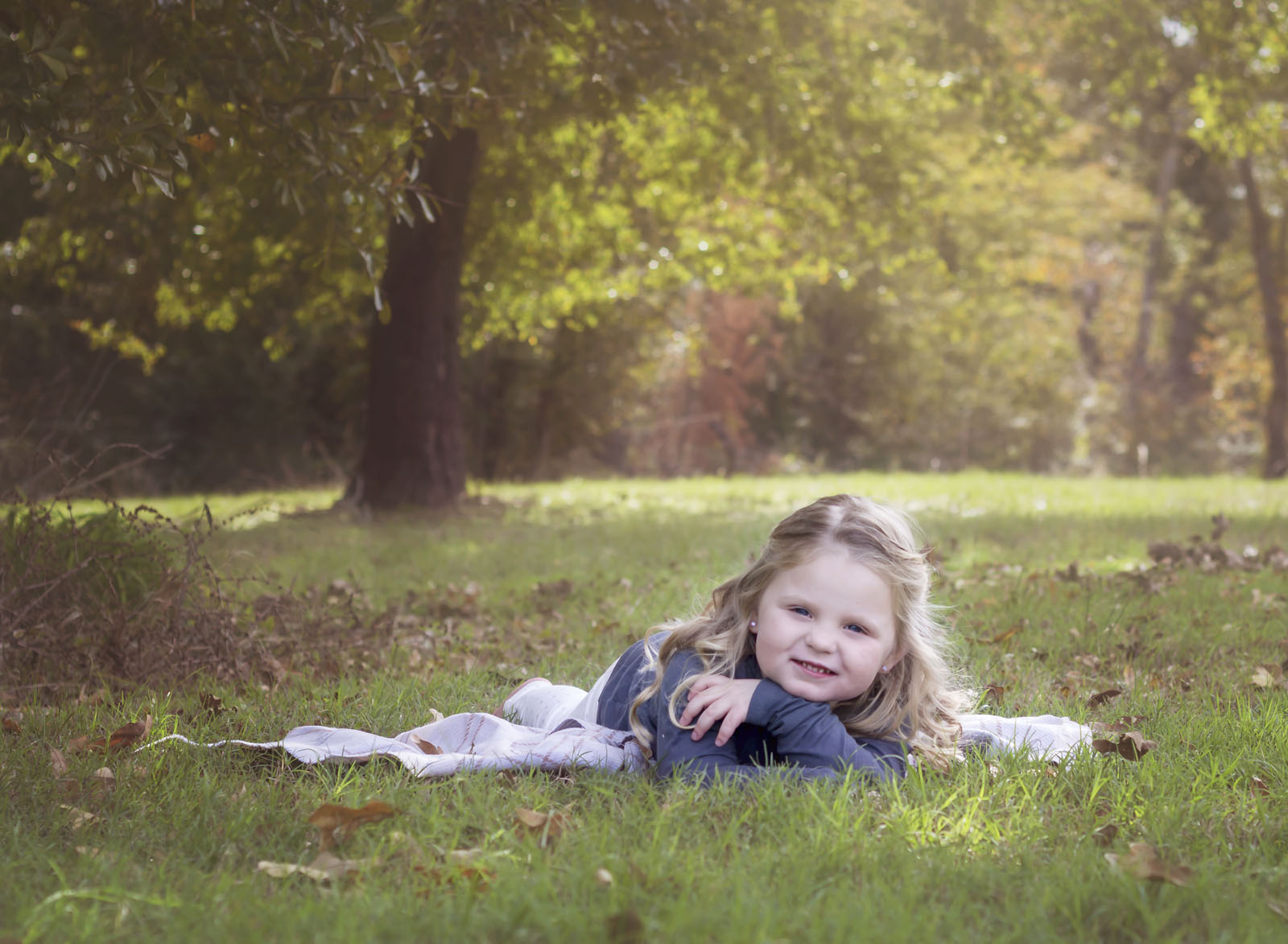“Time spent playing with children is never wasted.”
As a former early childhood education instructor I have not only heard about the many benefits of playing with young children, but I have also witnessed it firsthand within the school setting as well as at home in a personal setting with my own children. In today’s society it is not unheard of for children to spend on average four to seven MINUTES per day in unstructured play compared to nearly seven or more HOURS per day in front of a screen. I’ll be the first to admit it, my kids LOVE the screen! And that is one of the biggest reasons why I actually make my kids go play and we sign them up to play in sports leagues and attend various camps. I am a firm believer in keeping kids active and playing! For this reason I have compiled a list of the top five reasons that kids should PLAY.
One. Health. Overall, kids that play outside are physically healthier kiddos. They are running, jumping, throwing, catching, lifting, carrying, etc. All of those activities require muscles and motor skills which help prevent obesity, as well as strengthen bones and muscles. Many children now have vitamin D deficiencies and playing in the sun is an easy way to naturally build up vitamin D.
Two. Social. Unstructured play teaches kids how to share and develop positive behavioral skills. Generally speaking, they are more likely to have a greater imagination as they are being inventive, exploring, and learning about the world around them by using their own abilities. Through playing with others they are learning how to communicate and cooperate in a way that is socially acceptable. And for the parents, outside play helps reduce stress levels!
Three. Senses. Kiddos learn new things by using their senses. Just think about it for a second. A child is playing in the park and sees a dog. The kiddo typically stops to watch the dog. Many want to touch the dog. Others listen to the dog bark. That one interaction with a dog has allowed that child to learn about the world using various senses. On the other hand, those children that stay inside and watch a screen are merely using a few senses for hours. This can negatively affect the development of their perception.
Four. Attention Span. Children that regularly play outdoors are more curious and self-directed. They can stay focused on a task longer than those who do not play outdoors regularly. Studies have even shown that children diagnosed with ADHD who spend significant time outdoors exhibit fewer symptoms than the children that do not spend time outdoors.
Five. Happiness. It is a proven fact that outdoor light stimulates the pineal gland and this part of the brain is vital to keeping our immune system strong and makes us feel happier. This can improve our mood and overall happiness. And as an added bonus, those that grow up experiencing nature and more likely to grow into adults that also appreciate nature and in turn protect the environment.
“We don’t stop playing because we grow old; we grow old because we stop playing.”
























































































































